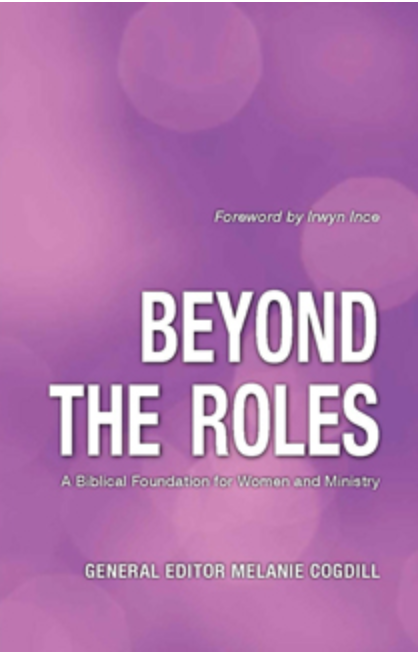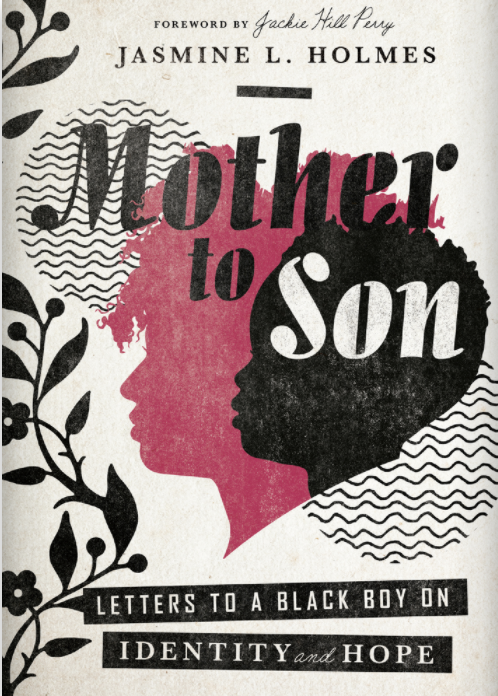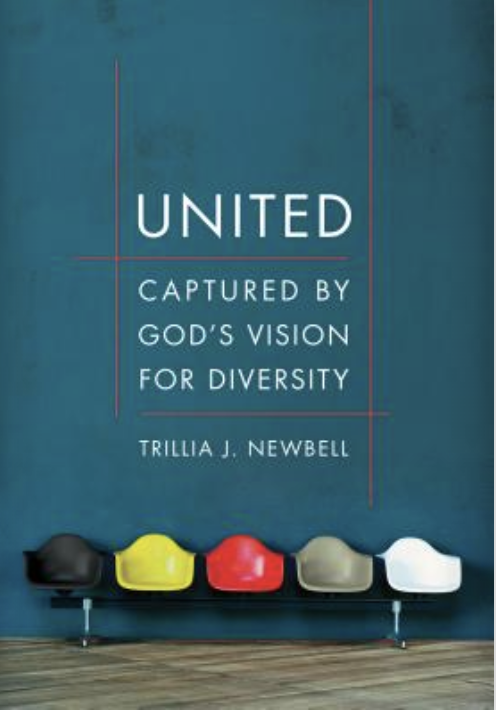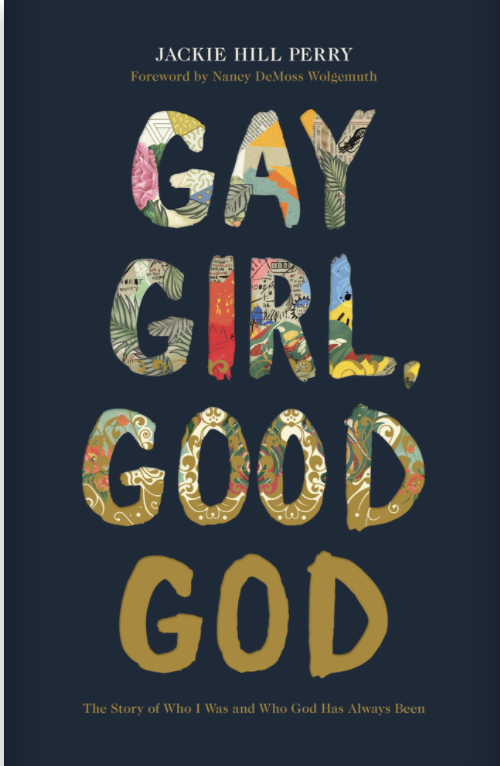Freedom from Racial Brokenness: 5 Black Female Voices
Is it even possible to be freed from racial brokenness? Is there hope for healing? Listen to five female black voices writing about the brokenness as well as the true hope for healing. With Vanessa K. Hawkins, Lisa Robinson Spencer, Jasmine Holmes, Trillia Newbell, and Jackie Hill Perry.
Vanessa K. Hawkins
(MDiv, Covenant Theological Seminary) Director of Women’s Ministry at First Presbyterian Church in Augusta, Georgia. Women’s Ministry as Diversity Adviser, PCA.
“Looking Isn’t Always Seeing
While it is necessary to look in order to see, looking doesn’t always equate to seeing. Movement from blindness to sight is a metaphor used repeatedly in Scripture to talk about our inability to fully see. “For now we see in a mirror dimly…” (1 Cor 13:12). While we don’t see perfectly, it doesn’t mean that we can’t see or shouldn’t try to see to the best of our ability. Spiritual sight is Spirit-dependent and is part of our growing in the likeness of Christ.
Most of us would openly and wisely admit that we have blind spots, and that’s great awareness to have. But to know we have blind spots and not seek to overcome them is reckless at best. Having blind spots is not a neutral state but dangerous to the one you can’t see. The inability to see is not a matter of if I injure someone, but when.
This is also true for colorblindness. I have heard well-meaning people claim colorblindness as a way of communicating their refusal to discriminate based on skin color. While not discriminating is a noble idea, colorblindness is a sight problem. To not see color is to not fully see those endowed with beautiful melanin by a Creator who calls what He made very good (Genesis 1:31). To not see color is to deny the race-based, systemic ills that snuffed out the lives of Ahmaud Arbery, Breonna Taylor, George Floyd, and way too many others to name. The Father isn’t colorblind. He celebrates and redeems our ethnic differences (Rev. 7:9).
Good vision affords us the ability to see and celebrate our ethnic differences, not just tolerate them and certainly not despise them. Colorblindness is not a virtue; it’s dysfunction. Scripture calls us from blindness to sight. Our cry should be that the Lord help us see and move us from blindness to sight.”
From Mother to Son:
“I set out to write a series of letters to Wynn, not just about the racial climate of the country that he lives in, but about the conversation surrounding this racial climate. I want to remind him that his identity is firmly planted in the person and work of Christ Jesus and that because of that he has incredible significance to the King of the universe. I want to remind him of his dignity as an image bearer and to encourage him to respond out of that dignity, even to a topic as emotionally charged as racial reconciliation. Even when the topic concerns the brown skin that he lives in.
But more than that, I want these letters to be a testament of a mother’s love for her son and of a sister’s love for the body of Christ. Because when I speak about these topics, I want to hold my brothers and sisters in the Lord close to my heart, as I do my own son—my own flesh and blood. They are my blood-bought family in Christ, redeemed by the God who took on flesh to save them.”
Lisa Robinson Spencer
(ThM DTS), Executive Director of Local Colors
From Lisa’s article
Some thoughts on the church and racial reconciliation efforts
So when we talk about racial reconciliation efforts–whether it be a panel discussion, workshop, books, blog posts, the goal should be to create a more harmonious Christian fellowship that is centered in the work and person of Jesus Christ. I can honestly say that I’ve seen this at work in healthy and productive ways. When racial reconciliation efforts starting rising in the evangelical scene, this is what it was intended to be. As someone who has been invited to speak and write on these issues, have attended events where racial reconciliation something to be tackled, and engaged in numerous conversations, I am staunchly committed to keeping this goal so that Christ’s body is strengthened. Jesus broke down the walls of hostility but in our embodied experiences, we need to bring this truth to life for hostility that has been created.
Trillia Newbell
Acquisitions Editor at Moody Publishers
Author: United: Captured by God’s Vision for Diversity
From United: Captured by God’s Vision for Diversity
“Perhaps it seems that the country is moving toward unity, but it’s a façade—just check your local news. And though our society may want to move on, we can’t, and neither can or should the church. Maybe our churches remain segregated simply because it’s comfortable with “our own.” (You won’t get far in this book before you’ll see that I believe ‘our own’ needs a new definition.)
But maybe it’s because diversity and racial issues are scary. Talking about race and racial reconciliation can be downright terrifying. No one wants to offend, and in our politically correct society, who would blame you? If you say the wrong thing, ask the wrong question, or call someone by the wrong name, will they be angry? Are you black or African-American? Chinese or Asian? Hispanic, Latino, or Mexican? This is an explosive topic, and sometimes it seems that the wisest course of action is to avoid it at all costs.
There is a richness in knowing—really knowing—someone who is different from you. I bet you have (or have had) a relationship in your life that confirms the truth of this. God thought it important to let us know in His Word that every tribe and tongue and nation would be present on the last day, worshiping together. Shouldn’t we desire to reflect the last day before He returns?”
From Jackie’s article on “Gospel Diversity for the Next Generation” at The Gospel Coalition
“Show them what it looks like to be a peculiar people that belong to God. We don’t really belong to this country. We don’t really belong to a political party. We don’t belong even to our economic status. Heck, we don’t belong to this world. We are a people for his own possession.
And that’s what God has done. The next generation would follow in our footsteps and then they would come to realize that as they did, they were actually following Jesus, and not a God made in America’s image. They would come to see that as you set your mind on things above where Christ, he is seated at the right hand of God, the place he went after he did what was just and right, the seat he sat down on after dying and raising on behalf of people, that he died [to purchase] for himself [a people] from every tribe, tongue and nation. They would see that because you set your mind up there where he is, that they can, too.
When we set our eyes on Christ instead of setting our eyes on our fathers’ idols and everything else that keeps us from gospel diversity, you can be sure that is when we begin equipping the next generation for gospel diversity.”
Get Five Freedom Verse Cards or Wallpapers
Join Living Story Subscribers to get free gospel-centered resources every month.




